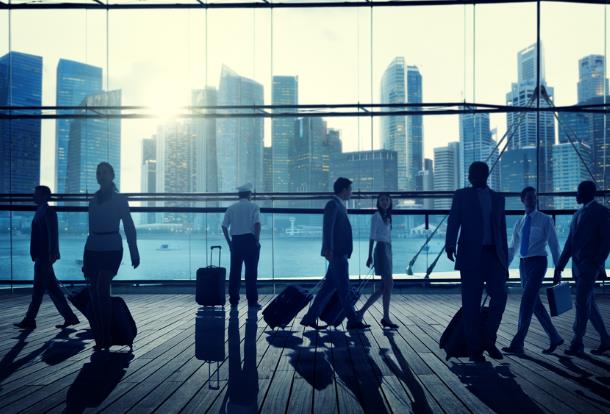
By many measures, leisure travel in the United States and Europe reached pre–COVID-19 levels months ago, after following consistent upward trends since the rollout of vaccines in early 2021. Corporate travel, however, has been slower to return. Decisions about these trips face an entirely different calculus, accounting for a host of factors: traveler safety and willingness to board a flight, client interest in meeting in person, the value of attending a conference, and whether a virtual conferencing platform can replace the trip—just to name a few.
As professionals have started to put more trips on their itineraries, many are encountering higher airfares and room rates. These pricing conditions fit awkwardly both with travel buyers’ seemingly cautious financial approach and with many travel suppliers’ widely reported staffing challenges and slow infrastructure updates.
As Deloitte continues to study the future of corporate travel, we are watching the following key trends and developments:
* The reshaping of travel to account for social shifts such as more flexible work, and corporate travel–specific ones such as higher expectations of flexible travel bookings
* Travel’s strategic positioning within companies
* Attitudes toward conferencing platforms and other technology as replacements for different travel use cases
* The state of relations between travel buyers and suppliers, especially pertaining to contract negotiations
* Which supplier-led sustainability efforts have the most potential to move the needle on bookings
Read original article




